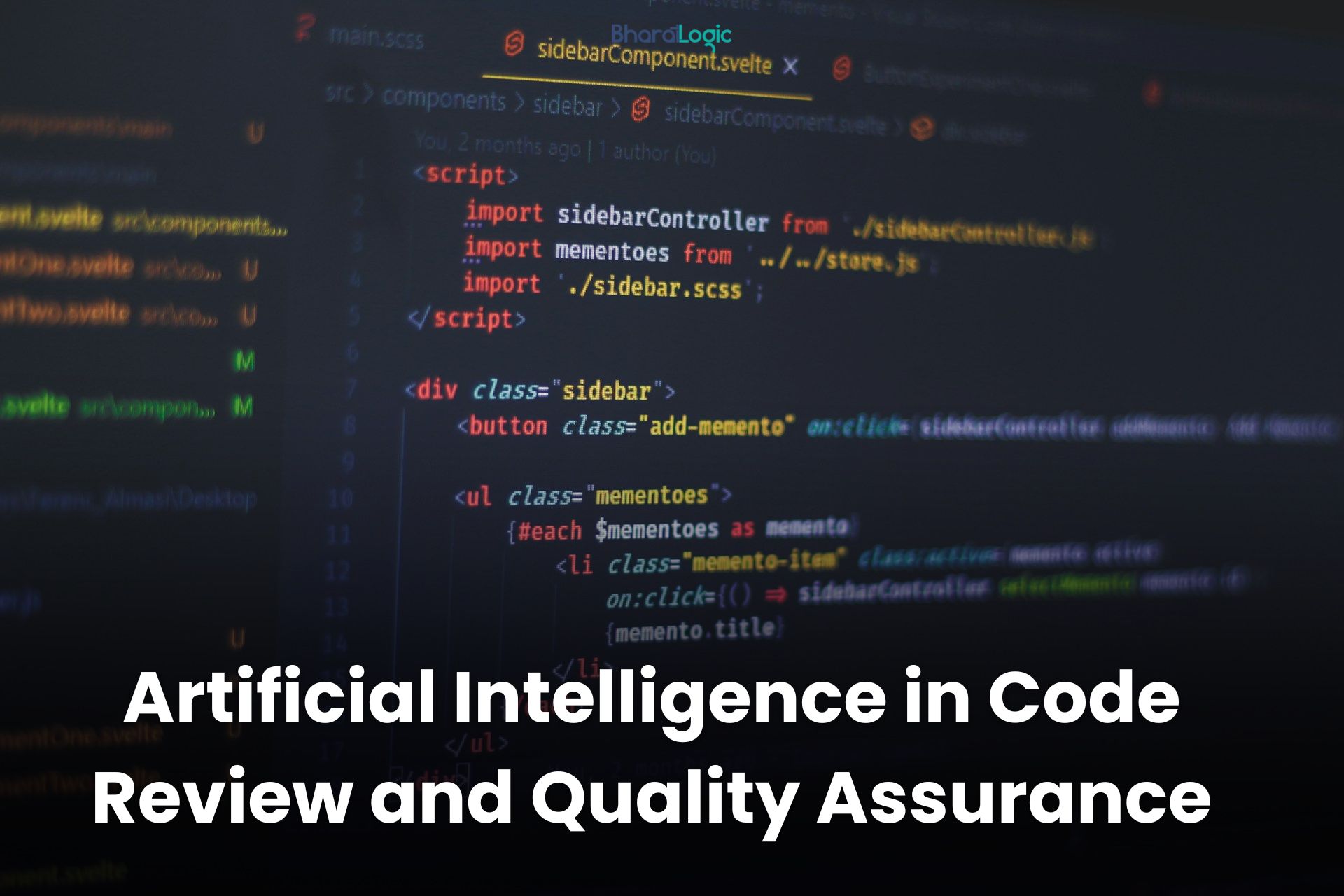The Role of Artificial Intelligence in Code Review and Quality Assurance
The complexity and pace of modern development demand innovative solutions for maintaining code quality. One of the most transformative technologies making an impact in this space is Artificial Intelligence (AI). This blog explores the role of AI in code review and quality assurance, showcasing its potential benefits, facts, and statistics that underline its significance.
Understanding Code Review and Quality Assurance
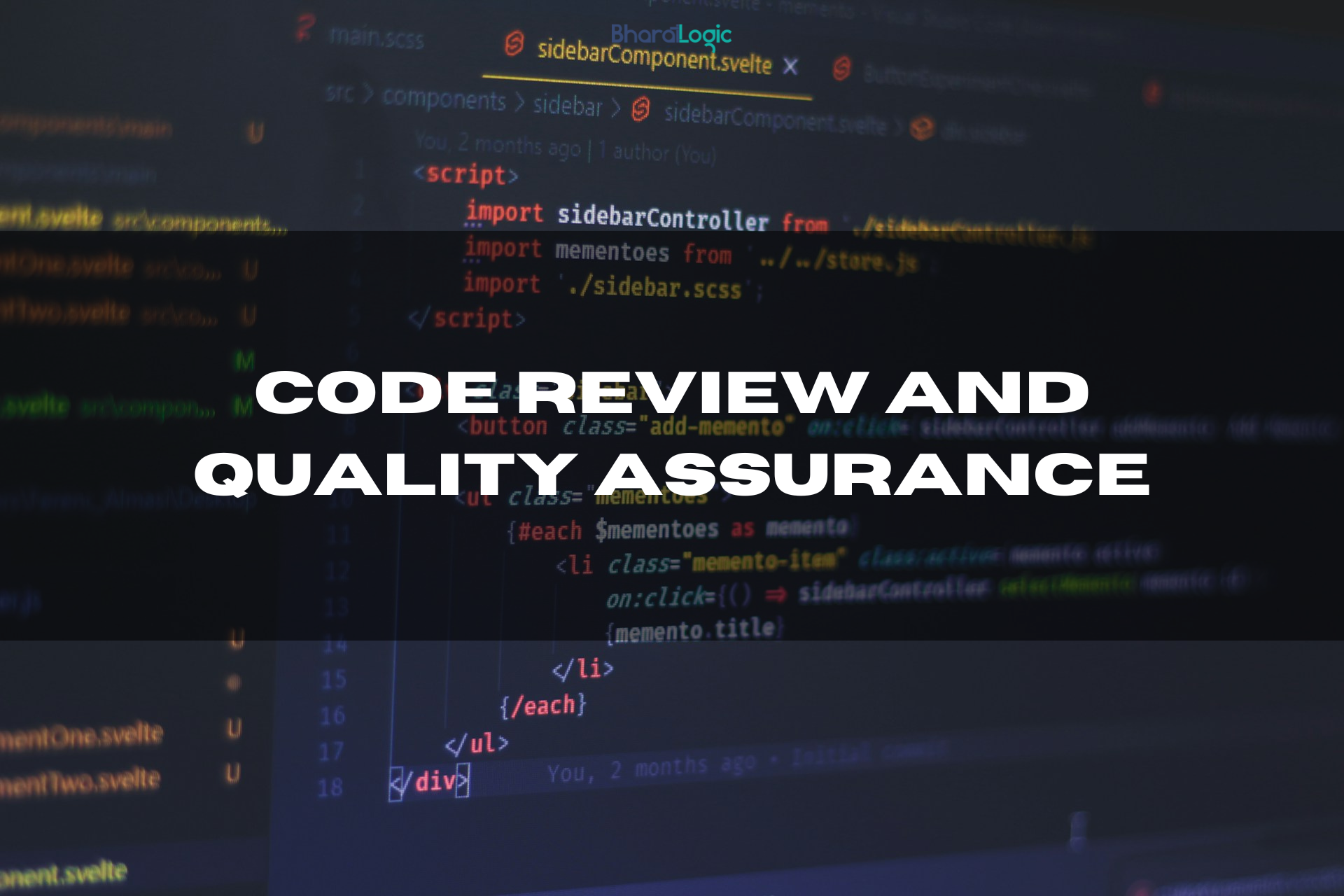
Before going into the impact of AI, it’s essential to grasp what code review and quality assurance entail. Code review involves systematically examining another developer’s code to identify flaws, ensure coding standards are met, and improve overall software quality. Quality assurance (QA) comprises various processes to ensure that products meet specified requirements and function correctly.
Both practices are critical to software development, helping teams catch bugs early, improve code maintainability, and enhance the overall user experience. However, traditional manual code reviews can be time-consuming and prone to human error.
The Emergence of AI in Software Development
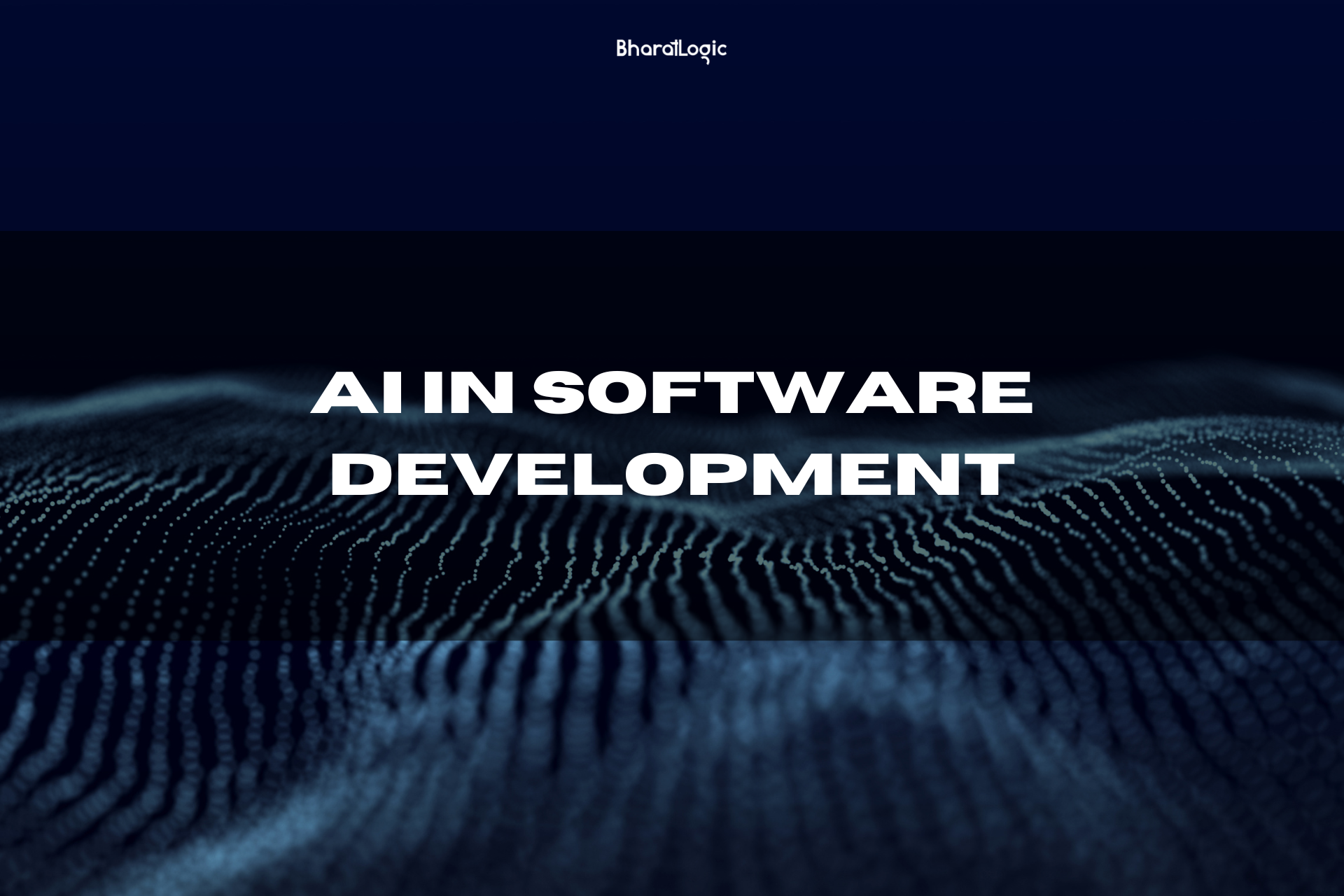
Revolutionizing Code Reviews
Incorporating AI into code review practices has led to significant improvements. AI-driven tools employ machine learning algorithms to automate the review process, allowing developers to focus on more complex tasks. According to a report by GitHub , AI can help automate about 70-90% of redundant processes in the software development lifecycle.
AI-Powered Code Review Tools
Many innovative AI-powered code review tools are emerging, such as DeepCode, Codacy, and CodeGuru by Amazon. These tools analyze codebases to detect potential bugs, security vulnerabilities, and adherence to coding standards. For instance:
- DeepCode: Uses AI to provide real-time feedback by learning from millions of code repositories. It can detect issues like performance bottlenecks and security vulnerabilities, boasting a 90% true positive rate.
- Amazon CodeGuru: Analyzes code to provide recommendations on how to improve code quality and reduce costs. Its machine learning models can identify performance issues and suggest optimizations based on best practices.
Enhancing Quality Assurance with AI
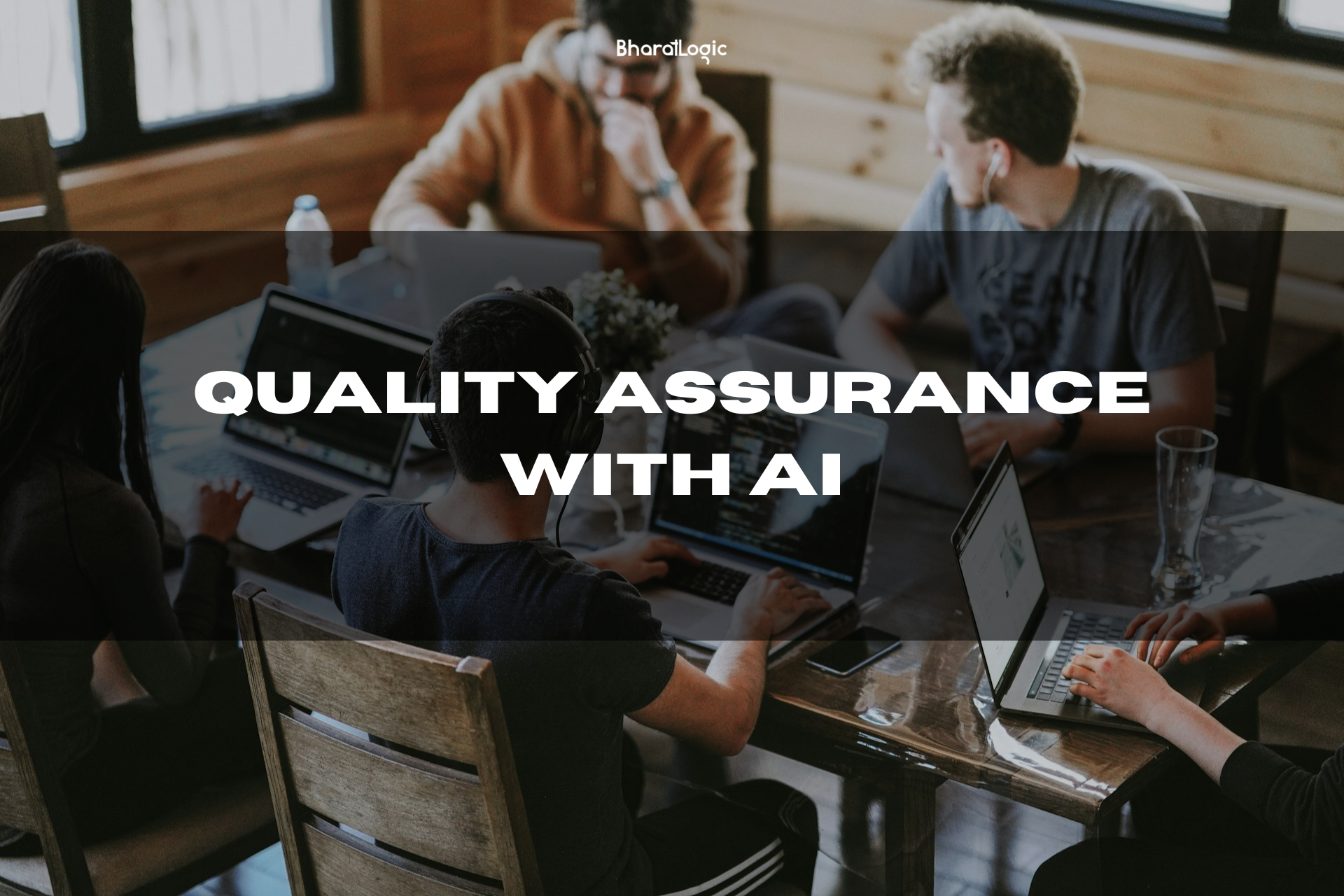
Automated Testing
Quality assurance benefits significantly from AI through automated testing frameworks that leverage machine learning to improve test coverage and effectiveness. AI can generate test cases, simulate user interactions, and even predict areas where bugs are likely to occur. The importance of AI in testing is highlighted by a Capgemini report, which states that businesses implementing AI in QA experience a 30% increase in testing efficiency.
Predictive Analytics
AI’s predictive capabilities can also play a role in quality assurance. By analyzing historical data, AI models can predict potential bugs and failures before they occur. This proactive approach not only enhances product reliability but also saves time and resources, enabling teams to allocate their efforts more strategically.
The Rise of AI-Assisted Development
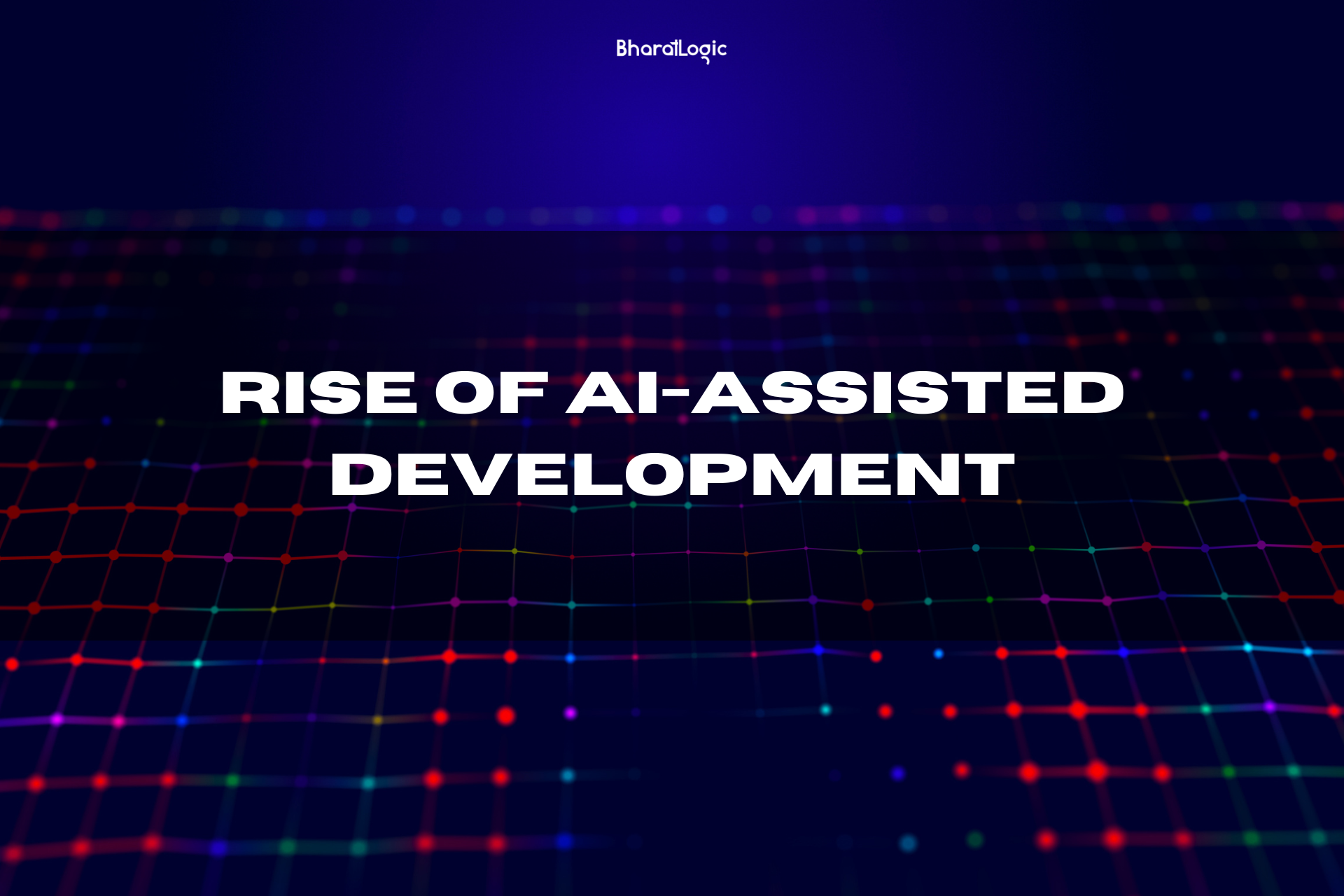
As AI continues to evolve, it is becoming an integral part of the development process itself. By combining AI with tools like integrated development environments (IDEs), developers can receive real-time feedback and suggestions based on their coding patterns. For example:
- IntelliCode from Microsoft leverages AI to recommend code completions that are consistent with best practices.
- TabNine is an AI-based autocompletion tool that learns from a developer’s workflow, improving its suggestions over time.
Such innovations result in faster coding and fewer errors, ultimately enhancing code quality.
The Human-AI Collaboration
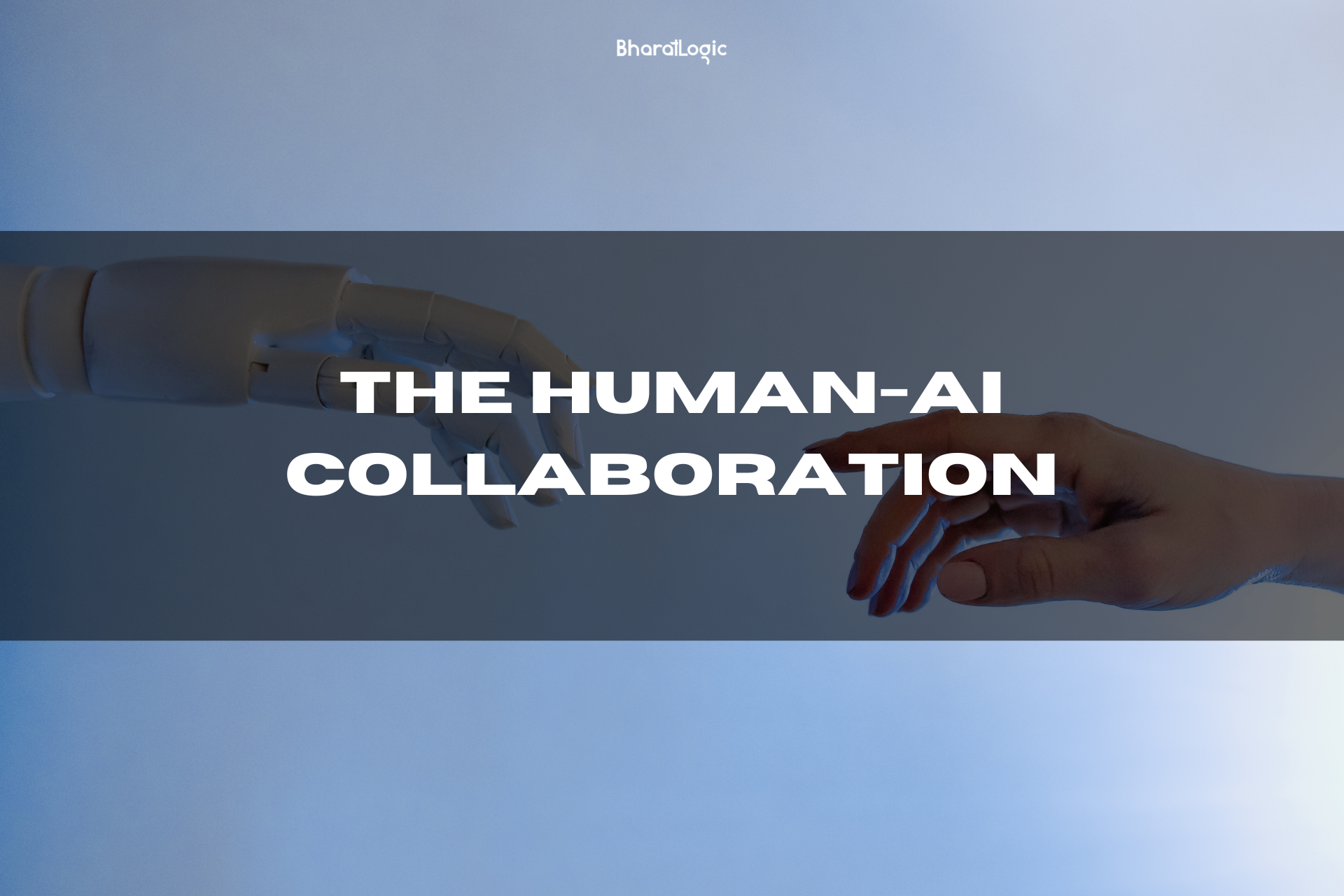
While AI proves to be a powerful ally in code review and quality assurance, it’s crucial to remember that it complements human intelligence rather than replacing it. A joint approach leveraging AI’s analytical power and human intuition can lead to superior outcomes. For example, a study by McKinsey shows that effective collaboration between humans and AI can boost business productivity by 20-25%.
Addressing Common Concerns
Despite its advantages, the integration of AI into code review and QA is not without challenges. Concerns about bias in AI algorithms, transparency, and the need for human oversight must be addressed. However, organizations that emphasize ethical AI development can mitigate these risks, fostering a culture of trust and collaboration.
Future of AI in Code Review and QA
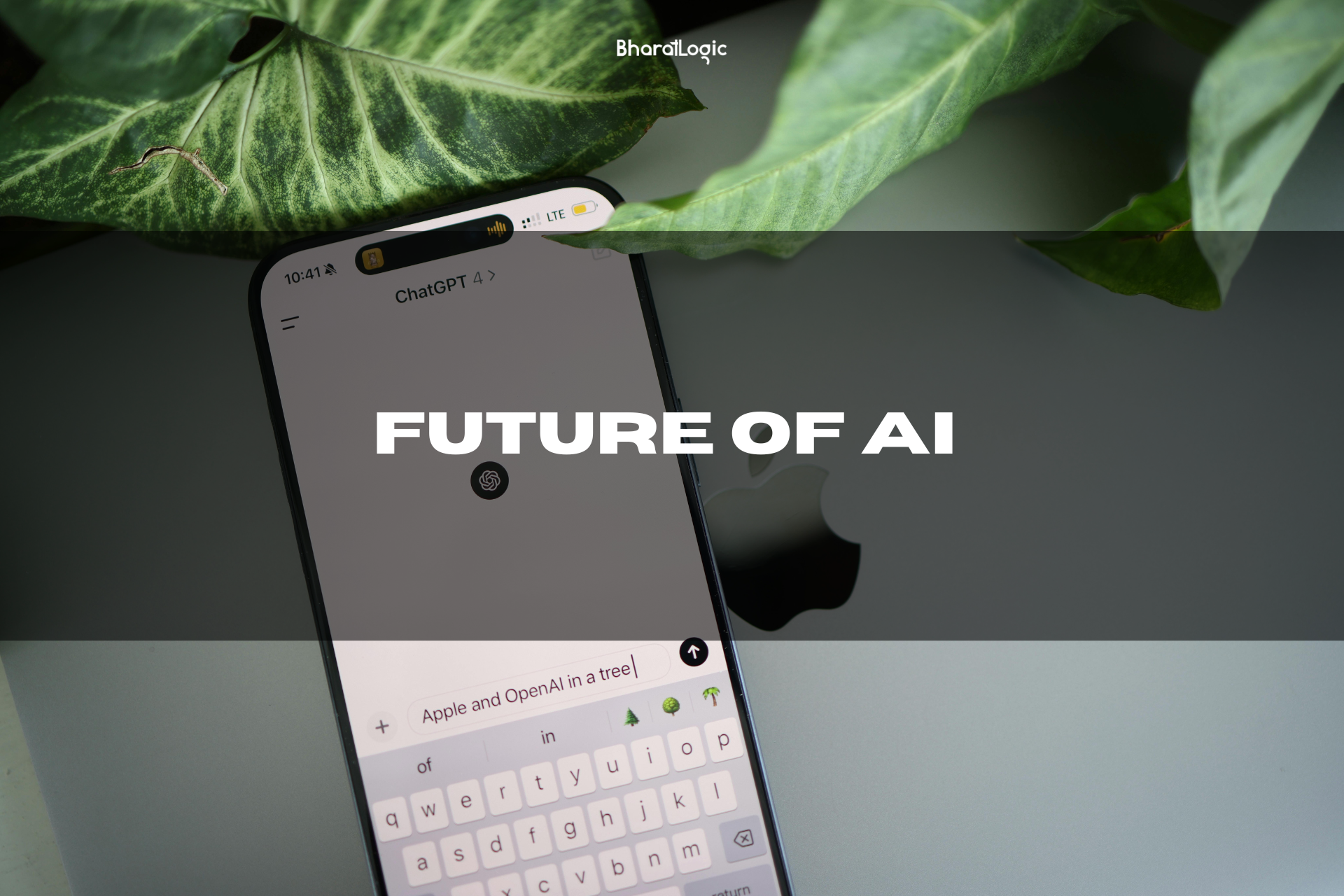
Statistics Worth Noting
The statistics surrounding AI’s role in code reviews and QA speak volumes. According to Forrester, organizations that adopt AI-driven QA tools significantly reduce time spent on manual testing by 50-70%. Additionally, a survey conducted by Gartner reveals that 40% of organizations plan to integrate AI into their software testing processes within the next two years.
The Next Frontier
The future of AI in software development is bright, with innovations on the horizon. As AI technologies continue to evolve, we can expect advanced capabilities like natural language processing for better understanding of code comments, improved contextual awareness during code reviews, and even enhanced collaboration features integrating global development teams more seamlessly.
Embracing the AI Revolution
The role of Artificial Intelligence in code review and quality assurance is not merely a trend; it is a paradigm shift that promises considerable improvements and efficiency gains in the software development lifecycle. As organizations increasingly adopt these technologies, they will not only enhance code quality but also empower developers to focus on creativity and innovation. Embracing AI signifies a step toward a more efficient, accurate, and collaborative future in software development one that ultimately leads to better products and happier users.
As we traverse the evolving landscape of technology, staying informed and adaptable will be key to leveraging AI effectively, ensuring that the software we create is not only robust but also aligns with the ever-rising expectations of global users.
FAQs
The benefits of integrating AI into quality assurance include:
Faster Feedback: Accelerating the identification and resolution of defects in the codebase.
Enhanced Test Coverage: Automating the generation of test cases based on code changes or historical data.
Reduction of Human Error: Minimizing oversight during manual reviews and testing processes.
Scalability: Supporting the testing of larger codebases without proportionate increases in resources.
While AI can significantly augment the efforts of human code reviewers and QA engineers, it is not designed to fully replace them. AI excels at handling repetitive tasks and analyzing large volumes of data quickly, but human oversight is crucial for understanding context, architectural decisions, and providing nuanced feedback that AI may not grasp.
AI can detect various issues, including:
Syntax errors: Ensure that the code adheres to the correct syntax.
Style violations: Enforce code style guidelines and standards.
Performance bottlenecks: Identify inefficient code patterns.
Security vulnerabilities: Highlight areas of code that may pose security risks.
Code complexity: Suggest refactoring to simplify overly complex code blocks.
AI plays a role in automating testing by:
Generating test cases: Creating relevant test cases based on application features and previous testing data.
Predicting test outcomes: Anticipating areas of the code that may fail based on historical defects.
Dynamic testing: Adapting tests in real-time as the application evolves, ensuring tests are always relevant.
To implement AI effectively:
Evaluate Needs: Identify specific areas where AI can add value, such as speeding up reviews or improving code quality.
Choose the Right Tools: Select AI-powered tools that best fit your team’s workflow and technology stack.
Training: Ensure team members are trained in utilizing AI tools effectively to complement their skills.
Iterate: Continuously assess the performance of AI tools and refine their use to improve results over time.

